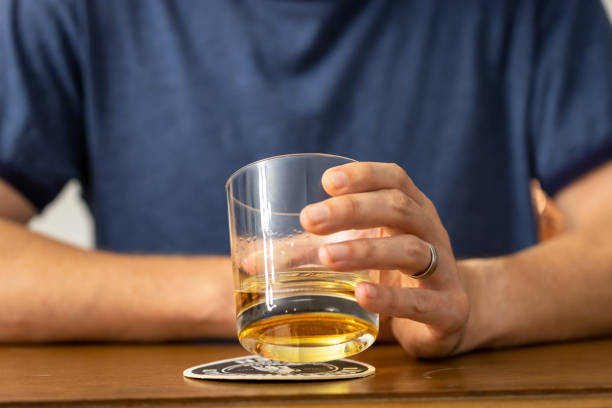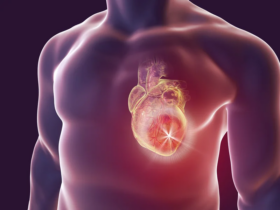United States: A combination of an allergy drug and high blood pressure medicine appears to have the effect of limiting regular drinking in patients addicted to alcohol, as per the latest finding.
More about the study
The two generic products are an antihistaminic cyproheptadine and a hypertension as well as urinary urgency drug prazosin, as specified by a team led by Henri-Jean Aubin from the Université Paris-Saclay, Paris.
Aubin’s team suspected that the medication duo might be effective against alcohol use disorder, considering the fact that the first medication, i.e., cyproheptadine, works on brain cell receptors related to impulsivity; meanwhile, the second one which is prazosin, impacts receptors associated with cravings.
While speaking at the American Psychiatric Association, Aubin stated that the current meds for alcohol use disorders (AUD) offer only “limited-to-moderate” effectiveness. Therefore, any other additional treatment options will be seen as a good alternative.
The findings of the new study were published in the journal Addiction.
How was the research conducted?

The study included 154 people who happened to be diagnosed with severe alcoholism. It means that men repeatedly took amounts that were equal to or more than 60 grams of alcohol per day, while women drank at least 40 grams or four drinks a day.
On the other hand, almost equal amounts of alcohol could be found in a beer bottle, glass of wine, shot of liquor, and candy, thus these collectively tend to contain alcohol amounts of 14 grams.
Participants were divided into three groups: In this way, it has been arranged that each individual is taking a daily inactive tablet (placebo), a prazosin, and the cyproheptadine “high-dose” combo, as well as a low-dose combo of prazosin with cyproheptadine every day for the course of 12 weeks.
Everybody in this particular program had the possibility to experience the support of advisory concerning drug compliance and the reduction of their alcohol intake.
The Aubin’s team chose global alcohol intake minimization as their mission, not total abstinence.
Folks on the two medication course decreased their alcohol intake when compared to those on a placebo, with the higher dosage seeing the most lowering.
Another example of this is seen that the average daily intake of alcohol was reduced very significantly by 18.4 g for the participants taking the low dose of prazosin/cyproheptadine, while the higher dose intake accounted for an average of 23.6 g reduction.
The regimen was also tested on a section of participants, who seemed to be the ones who drank heavily — more than 100 grams of alcohol (at least seven drinks) for men and 60 grams per day for women.
An interesting finding in this group is that although they drank close to 30 grams of alcohol daily, the use of high-dose prazosin and cyproheptadine translated to 30 percent of alcohol intake daily.
In terms of finding the side effects, according to the researchers, the drugs have appeared to be “well tolerated.”














Leave a Reply